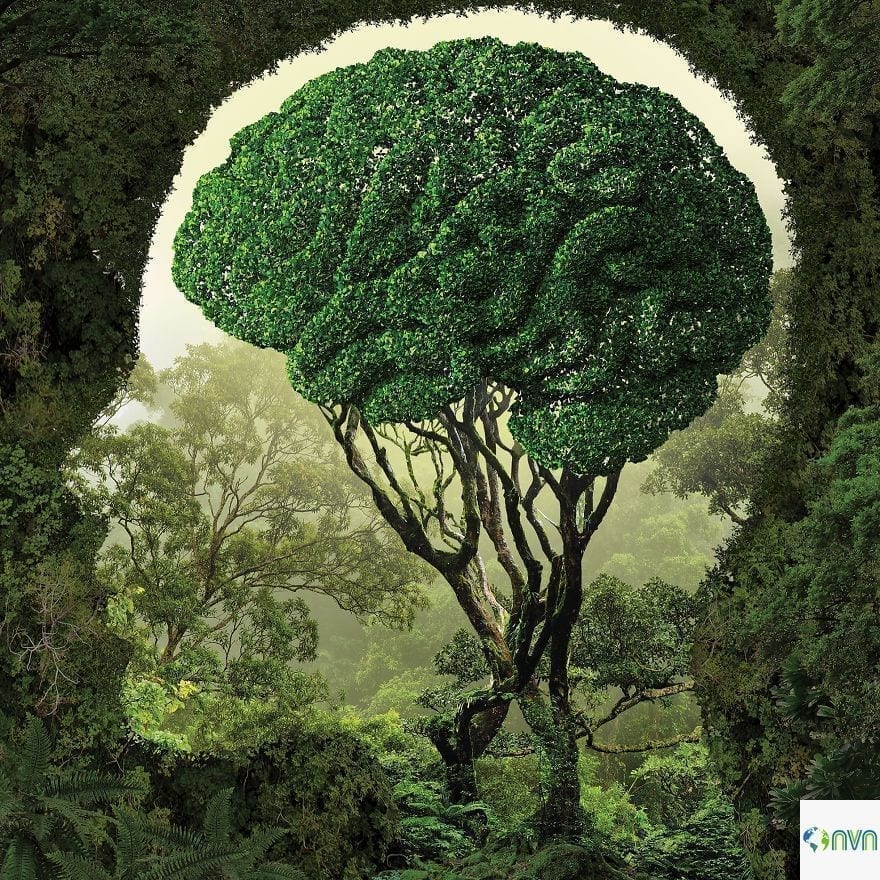Environment
Ecocriticism – A Novel Interdisciplinary Field Of Study

Environmental criticism, also known as ecocriticism and “green” criticism (especially in England), is a rapidly emerging field of literary study that considers the relationship existing between the humans and the environment around. In scientific terms, it is an interdisciplinary field of study wherein literature scholars analyze texts that illustrate environmental concerns and examine the various ways in which different pieces of literature treat nature as their subject.
Ecocriticism is a term which was coined by William Rueckert in his 1978 essay titled Literature and Ecology: An Experiment in Ecocriticism. His brilliant work was an attempt to lend support to Rachel Carson’s 1962 environmental work Silent Spring that was centered around “the application of ecology and ecological concepts to the study of literature”

Integrating Ecology And Literature
In the United States and various other nations, there are dedicated institutions such as the Association for the Study of Literature and Environment (ASLE), which hosts several meetings, summits, and conferences for the literary enthusiasts to come together, collaborate, and research about the environmental matters in literature.
The entire domain of ecocriticism is way too complex to be put into simple words and is a highly diverse field to study and research upon. Here is an insight to it, however, it presents only a small part of what this field is.
Definitions And Interpretations By Scholars
- Cheryll Glotfelty explains it as “the study of the relationship between literature and the physical environment” which aims to recoup the professional dignity for what Glotfelty calls “the undervalued genre of nature writing.”
- Lawrence Buell interprets it as “the study of the relationship between literature and the environment conducted in a spirit of commitment to environmentalist praxis.”
- More recently, an article was published which linked ecocriticism to Shakespearean studies. To this, Estok conveyed that “Ecocriticism is simply not the study of Nature or natural things in literature; rather, it is any theory that is committed to bringing in/proposing changes by deeply analyzing the function of the natural environment, or aspects of it, represented in documents (literary or other) that contribute to material practices in material worlds.”

An Interdisciplinary Field Of Research
All these show that there is no one consolidated definition for ecocriticism but rather it Is an umbrella accommodating a lot of fields together under it. It aims to analyze the analogies between ecosystems and imaginative texts founded on the grounds of ecology (regenerative, revitalizing) and its influence in the cultural system.
Objectives
- To investigate things as the underlying ecological values, what, precisely, is meant by the word nature
- To examine the perception of wilderness, and the associated changes throughout history and whether or not the current environmental issues are accurately represented or even mentioned in popular culture and modern works of literature.
- To find answers to questions regarding anthropocentrism, the belief that considers human beings to be the most significant entity of the universe, and the “mainstream assumption that the natural world be seen primarily as a resource for human beings”
- To discover whether or not the environmental crisis is caused primarily by a cultural tradition in the West of separation of culture from nature, and elevation of the former to moral predominance.
Approaches To/Facets Of Ecocriticism
-
Pastoral
The pastoral approach to ecocriticism is primarily focused on the dichotomy in choice, existing between the urban and the rural life. It is guided by the general idealization of nature and the rural and is strongly based on the demonization of the urban. The research/work presented under this facet of ecocriticism often reflects a “retreat” from the city life to the country and romanticizing of the rural life, thus depicting an idealized rural existence that portrays a scenario where the reality of the hard-worked living is denied.

Ecology IN The Pretext Of Literature
-
Wilderness
This approach to ecocriticism is rooted in the wilderness that has been represented in various pieces of literature and popular cultures. It believes in examining how wilderness is constructed, valued, and engaged.
-
Ecofeminism
This is another facet of ecocriticism wherein the interconnection of the oppression of women and nature is deeply analyzed. It is further divided into 2 distinct subparts, one of which deals with radical ecofeminism while the other is founded on the belief that there does not exist a thing known as the “feminine essence” that could justify women standing synonymous to nature.





























